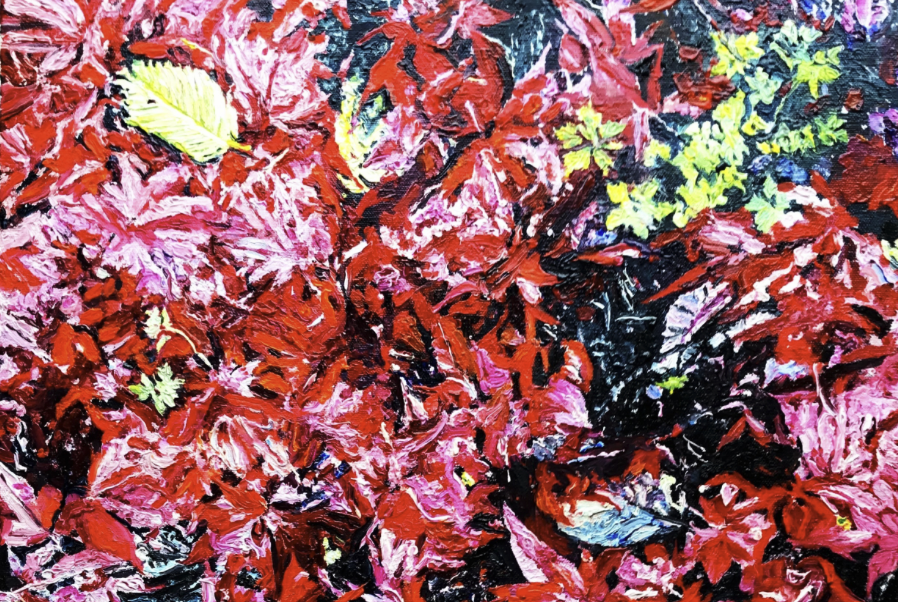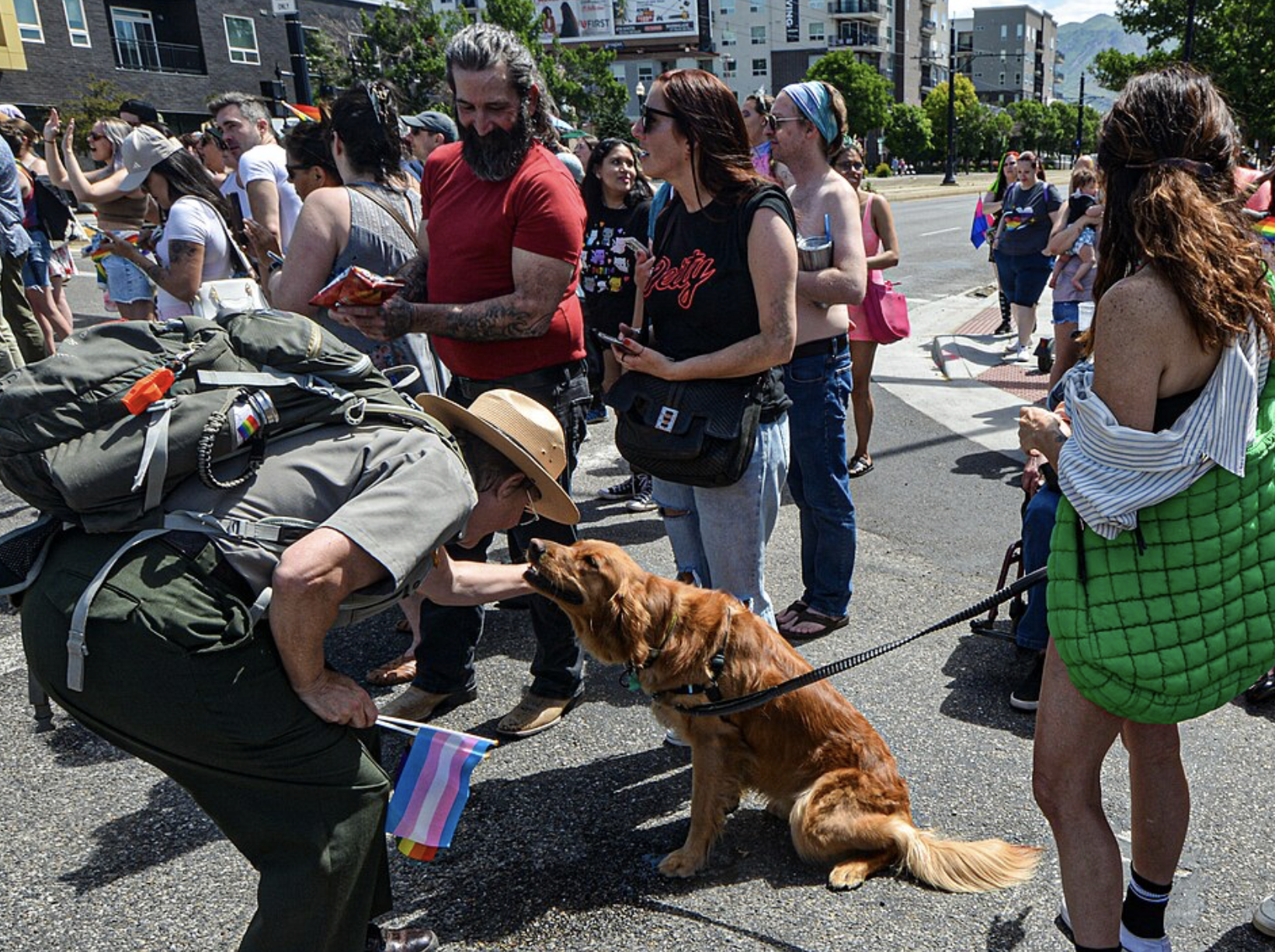Outside the Window the Dinosaurs Roam
We affect the little material things around us, in ways unseen, as they in turn affect us.

Iain Crichton-Smith begins a poem with these words:
“The chair in which you’ve sat’s not just a chair
nor the table at which you’ve eaten just a table
nor the window that you’ve looked from just a window...”
And further on there’s a hint of explanation, as much as poets ever explain, that chairs, tables, and windows are “ours and loved because they taste of us.”
We affect the little material things around us, in ways unseen, as they in turn affect us.
That’s why I keep on old machete of my grandfathers in the shed. Not that I ever use it. But now and then I like to grasp the handle and feel his hand in mine.
I’m thinking about this as I stare out of a waiting room window. In the fine print of getting older there’s a line about reconciling yourself to waiting rooms. Medical waiting rooms. I’m here for a flu jab.
The practice that I frequent is an old single-level house, with lawns and garden overseen, I guess, by contracting gardeners. Everything tidy, weeds pulled, hedges trimmed. No wild lands or untamed jungle here. And yet…
Do my eyes deceive me? What is that below this window? A hippopotamus? And that beside it, a dinosaur? But, wait, there’s more. As my eyes refocus, I see lots of these small plastic or rubbery creatures poking out from the foliage. There is an entire infestation of tiny reptiles!
This garden has become a sanctuary for all creatures great and small, and the small people who like to play with and in the make-believe world below this window.
Yet, who are these small people? Children of those awaiting like me? Children of the medical staff? Or the gardeners’ kids? Or locals from the neighbourhood who can’t walk past an underused garden needing to be dinosaured?
All I know for sure is that something inside me does a little joyous skip and a smile creases my lips. Someone(s) has played and imagined, and then others(adults) who loved seeing them play and imagine have not ‘cleaned’ this unreal world away. In both these actions there is something that works like a medicine on my heart.
Crichton-Smith’s poem brings all this to mind. I’m not sure why. I guess its that intersection between inanimate and animate, between material and imaginary, between expected and surprising.
Something in that mix works a magic.
But only if there are no Puritans about to pronounce that a chair is only chair, a machete a machete, a toy a toy, and then institute an almighty clean up. And any ‘thing’ once loved, if deemed no longer of use, is dumped.




